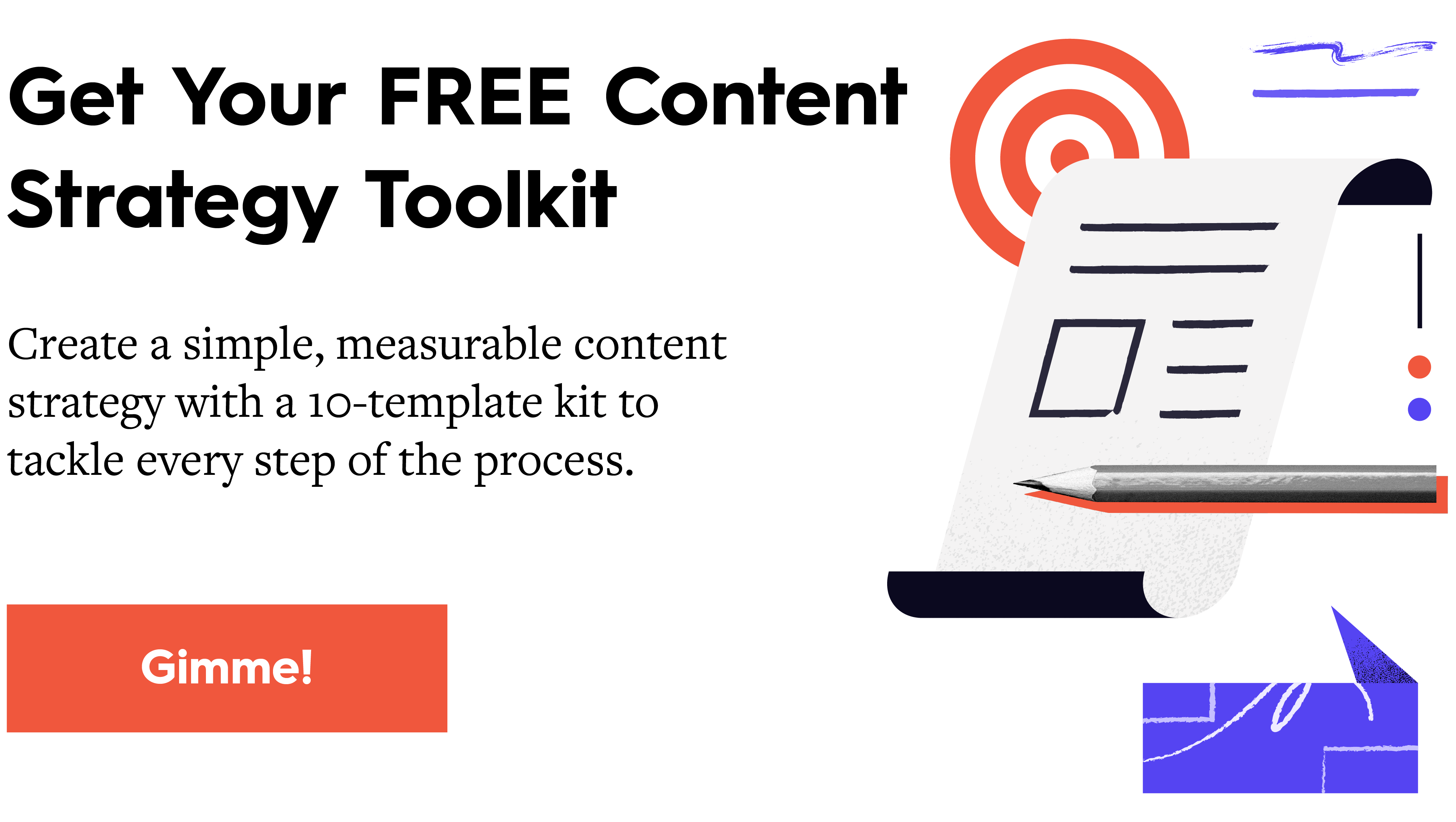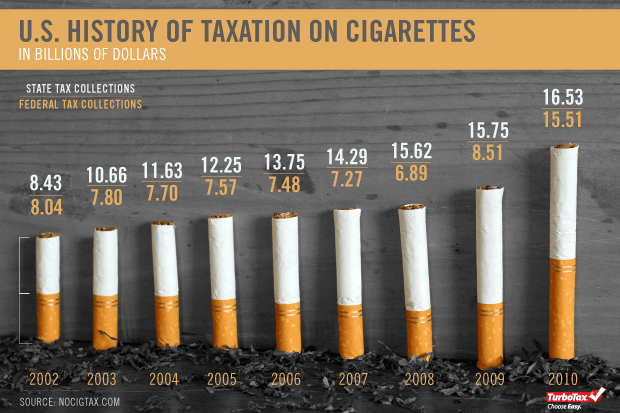Infographics have experienced a major renaissance in the marketing world over the last few years, becoming essential to every brand’s content strategy. Column Five has had a front-row seat to this growth in popularity, as one of the first agencies creating this format of communication for brands back in 2008. Since we began, the tactics have changed and our approach has evolved, but one thing remains the same: Infographics are still an incredibly effective way to engage your audience by communicating complex information in a simple and beautiful way.

Creating true brand engagement is all about creating an emotional connection and an impactful experience. Infographics are particularly effective at cutting through the clutter to communicate with audiences and deliver that experience. From their design aesthetic to their flexible format, here are 3 ways infographics engage your audience.
1) Infographics Are Visually Captivating
An infographic is really just a graphical rendering of information. There are many different types of information an infographic can convey, everything from a simple diagram to a full-fledged narrative story, but the visual representation is the common thread. It is also what makes them so effective.
We are visual creatures, prewired to process and understand visual information instantly.
 Your brain can identify an image quicker than it can recall the language associated with that image.
Your brain can identify an image quicker than it can recall the language associated with that image.
Infographics target the brain’s incredibly powerful visual processing center, combining images and text to stimulate processing and memory. (Check out our “Why Our Brains Love Visual Content” infographic for more on that.)
In short: Viewers naturally gravitate toward attractive visual content because it can offer a more efficient and engaging learning experience. A well-designed infographic stands out in a sea of online articles—instantly grabbing your audience’s attention and making them want to explore the content.
2) Infographics Require Exploration
Infographics, especially those that use data to tell a story, offer a unique experience: They invite readers to explore that data and draw their own conclusions. Whether data is presented simply in a static infographic or in a more complex interactive infographic, audiences are still required to interpret what story that data is communicating. This subtle shift, from passive readers to active participators is key. This means your audience is investing time, deeply synthesizing information and forming their own connections to your content.
Column Five’s interactive visualization of Supreme Court decisions allows users to actively explore data.
3) Infographics Are More Shareable
Directly engaging your brand’s audience is priority, but infographics work effectively because they do that work for you—and then some. As social platforms continue to place visual content front and center, infographics have become one of the most popular formats to increase traffic and social sharing. Audiences are more likely to share visual content, and mainstream publishers are incorporating infographics to capitalize on this. Additionally, through microcontent, infographic content can be repurposed and tailored to reach more audiences, maximizing the reach of every infographic you create.
Microcontent, such as this single visualization extracted from a larger infographic, increases social reach.
Column Five Case Study
Column Five partnered with LinkedIn’s marketing solutions to help deliver its message marketing professionals across the Web—specifically through gaining exposure on Mashable. We created a graphic that spoke directly to the target audience: content marketers.
With a clean, modern aesthetic that was visually pleasing, a robust data set for readers to explore and a modular design (to enable portions to be shared on social), the graphic was a success with both the target audience and relevant publishers.
When designed well and crafted strategically, infographics are an effective tool to help deliver your message in an engaging way.
- Find out how to get the most mileage from your content by Maximizing Your Publishing with Microcontent.
- Learn everything you need to know about visual content in The Ultimate Guide to Visual Content Marketing.
- Get the most eyes on your content by reading The Ultimate Guide to Content Distribution.







